Swiss Solidarity celebrates 75 years of helping people in need

Founded exactly three-quarters of a century ago, Swiss Solidarity – known as the ‘humanitarian arm’ of Swiss public broadcasting – is today one of the main sources of aid funding in the country. Over the years, it has raised a total of nearly CHF2billion ($2.15 billion). SWI Swissinfo.ch takes a look back.
Swiss Solidarity is one of the country’s most emblematic charities. This September it is celebrating its 75th anniversary, a milestone that will be marked by a special fundraising week for children in need in December.
The adventure dates back to 1946 in Lausanne, in canton Vaud. The Second World War had just ended, and large swathes of the Swiss population were living in poverty.
Two presenters from French-language Swiss public radio, now Radio Télévision Suisse (RTS), Roger Nordmann and Jack Rollan, had the idea of setting up a “chain of solidarity” with their listeners to support those suffering from the effects of the war.
A first call for donations was broadcast on September 26, 1946. This went on to become a weekly programme, called the “Chaîne du Bonheur” or “chain of happiness”. The aim was to collect humanitarian aid, following a principle similar to that of chain letters.
The studio in Lausanne was regularly overrun with boxes of supplies, which were then redistributed by the Swiss Red Cross, the first partner organisation of the “Chaîne du Bonheur”.
The initiative soon spread from French-speaking Switzerland to the German-speaking areas (with the “Glückskette”, from 1947) and to Ticino canton (with “La buona azione”, launched in 1948 and later renamed the “Catena della Solidarietà”).
The weekly radio programme ended in 1954, but in subsequent years the “Chaîne du Bonheur” went back on air whenever current events required. Since 2013, the organisation has been known as Swiss Solidarity in English.
More than 5,000 projects in Switzerland and abroad
Over the years Swiss Solidarity has extended the scope of its humanitarian support. Helping people in need in Switzerland, in particular children, is still a priority. But its fundraising campaigns now also cover reconstruction efforts after natural disasters and support for victims of conflict and disease around the world.
The largest fundraiser in the foundation’s history took place in 2004–2005, following the tsunami in Southeast Asia, when CHF227 million was raised.
More recently, the Swiss coronavirus support campaign, launched last year in response to the pandemic, netted nearly CHF43.5 million and assisted over 1.7 million people. According to the organisation, six million people affected by the health crisis in 17 countries received support thanks to the international component of this special Covid operation.
Swiss Solidarity redistributes the donations received among its partner organisations in the field, which currently number 24 (including Doctors Without Borders, the Red Cross and Caritas), and it guarantees transparency regarding the use of money.
How to give
Donations may be made directly online on the Swiss Solidarity websiteExternal link, or via its postal account 10-15000-6. Donors may earmark their gifts for a specific cause (e.g. Afghanistan, the earthquake in Haiti or the Covid campaigns) or let the organisation decide where the money can be put to best use.
Since it was launched 75 years ago, Swiss Solidarity has raised CHF1.9 billion through nearly 260 fundraising campaigns, making it the main source of humanitarian funding nationally across this period. According to the organisation, the funds have been used to support nearly 5,100 projects.
The next campaign on the calendar is the Swiss Solidarity anniversary fundraiser, which will be held from December 12-17, in cooperation with the Swiss Broadcasting Corporation, SWI swissinfo.ch’s parent company. The focus will be placed on children in need, both at home and abroad, according to the organisation’s deputy director, Catherine Baud-Lavigne.

In compliance with the JTI standards
More: SWI swissinfo.ch certified by the Journalism Trust Initiative



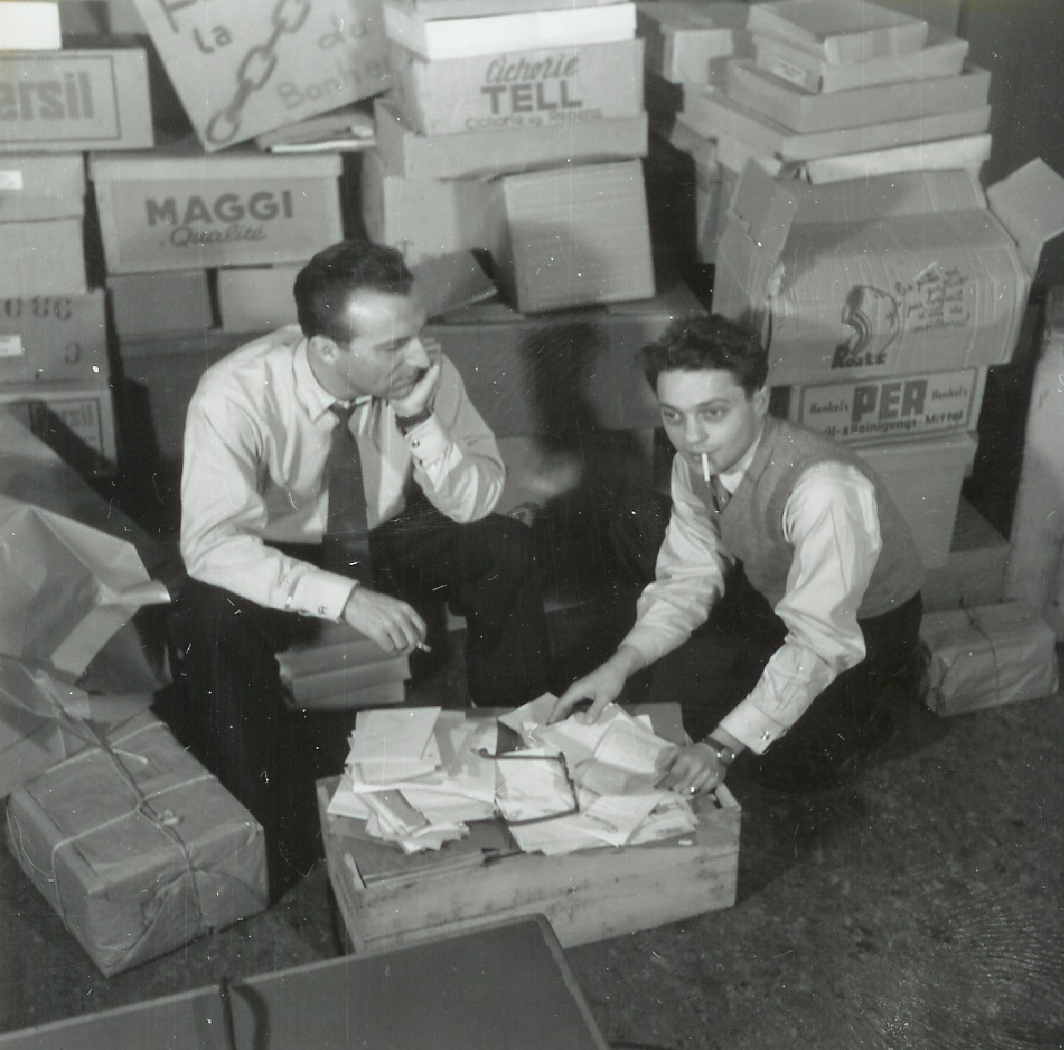
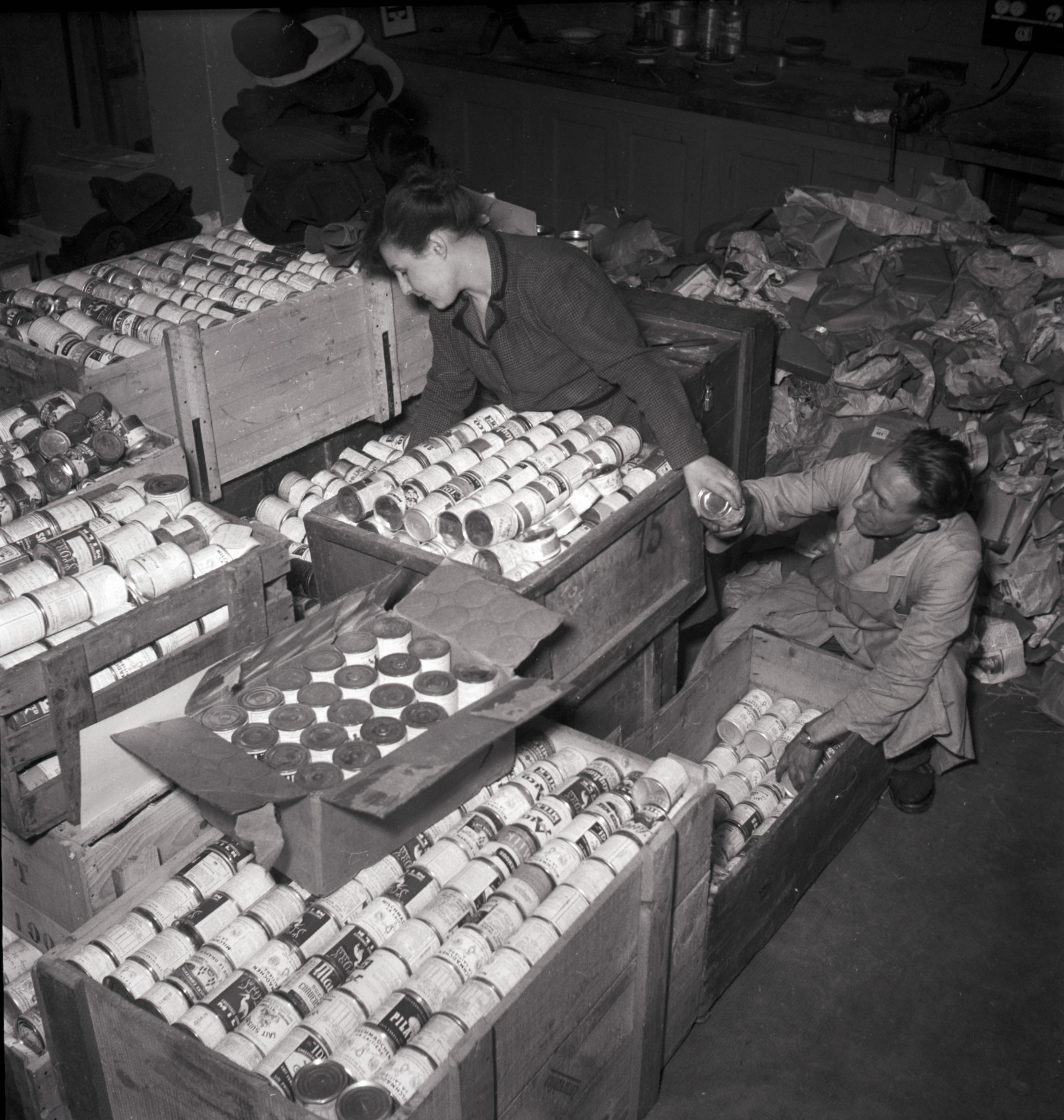

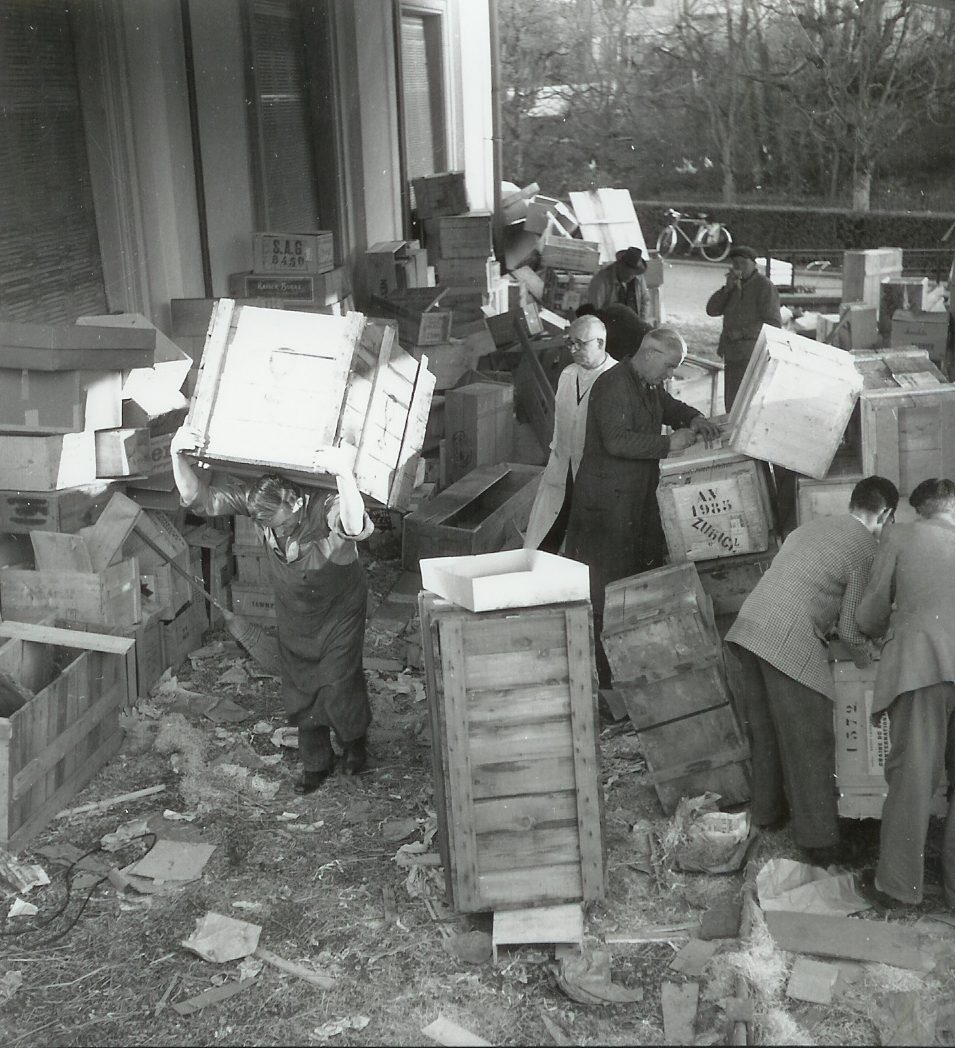
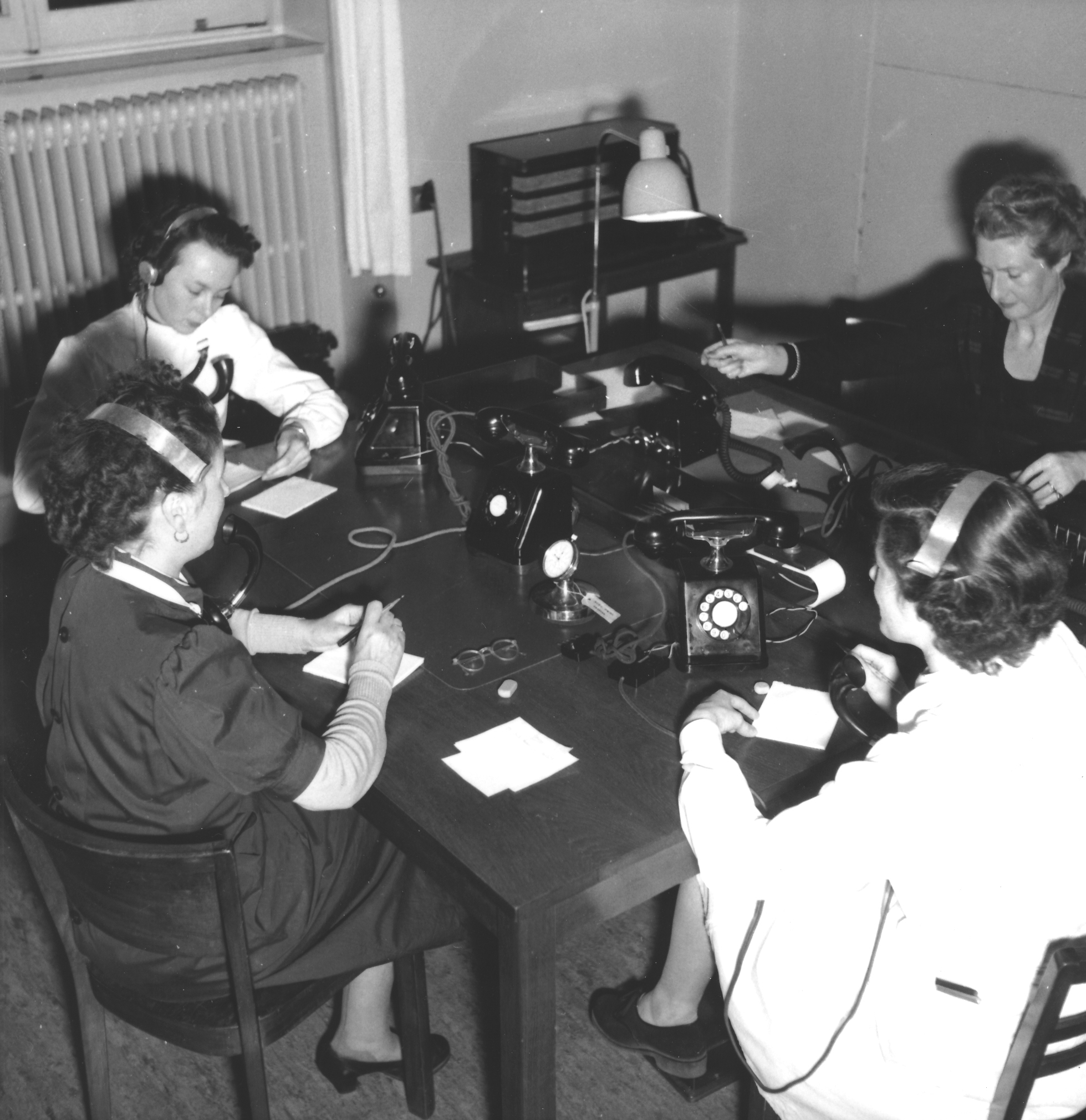


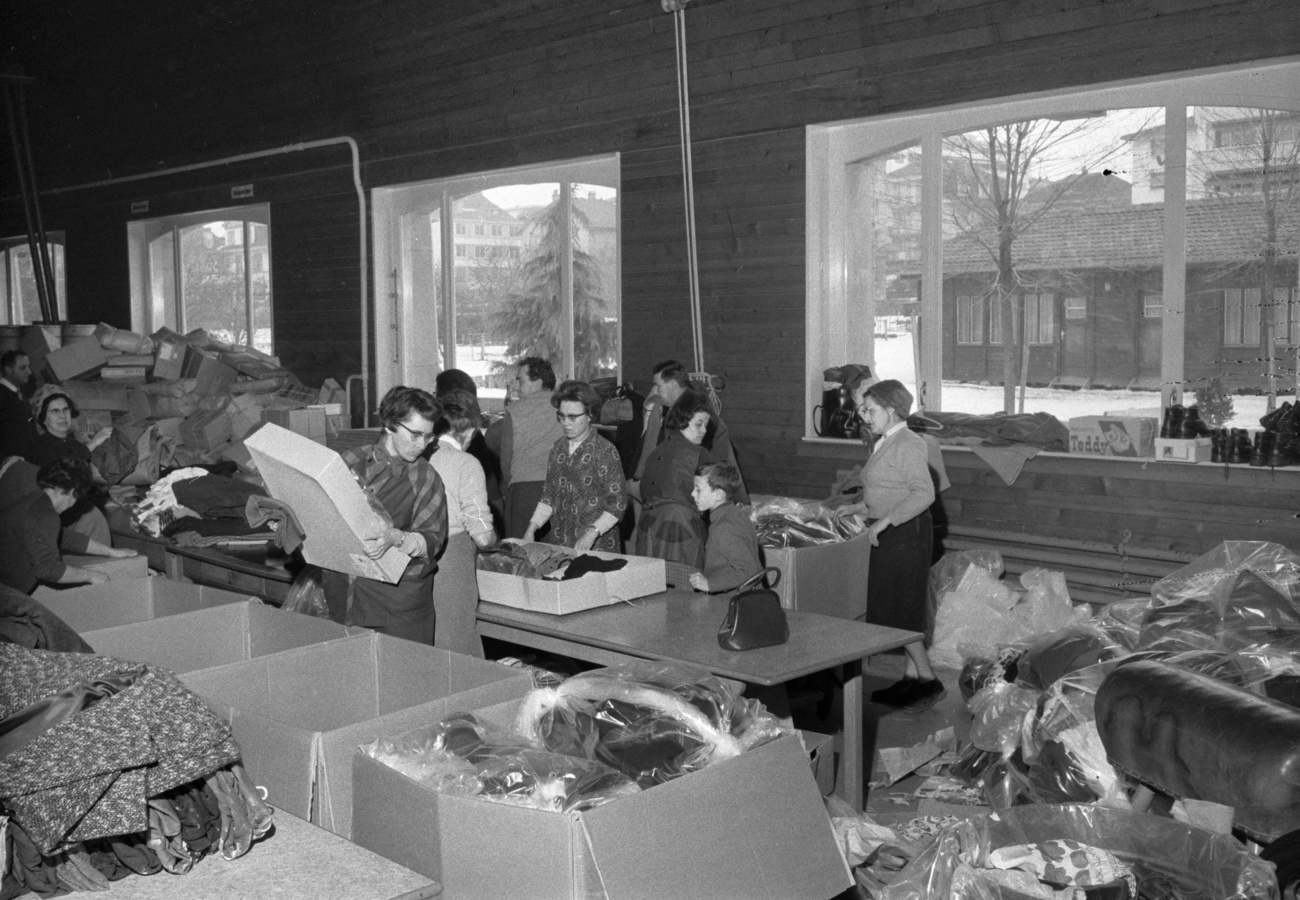

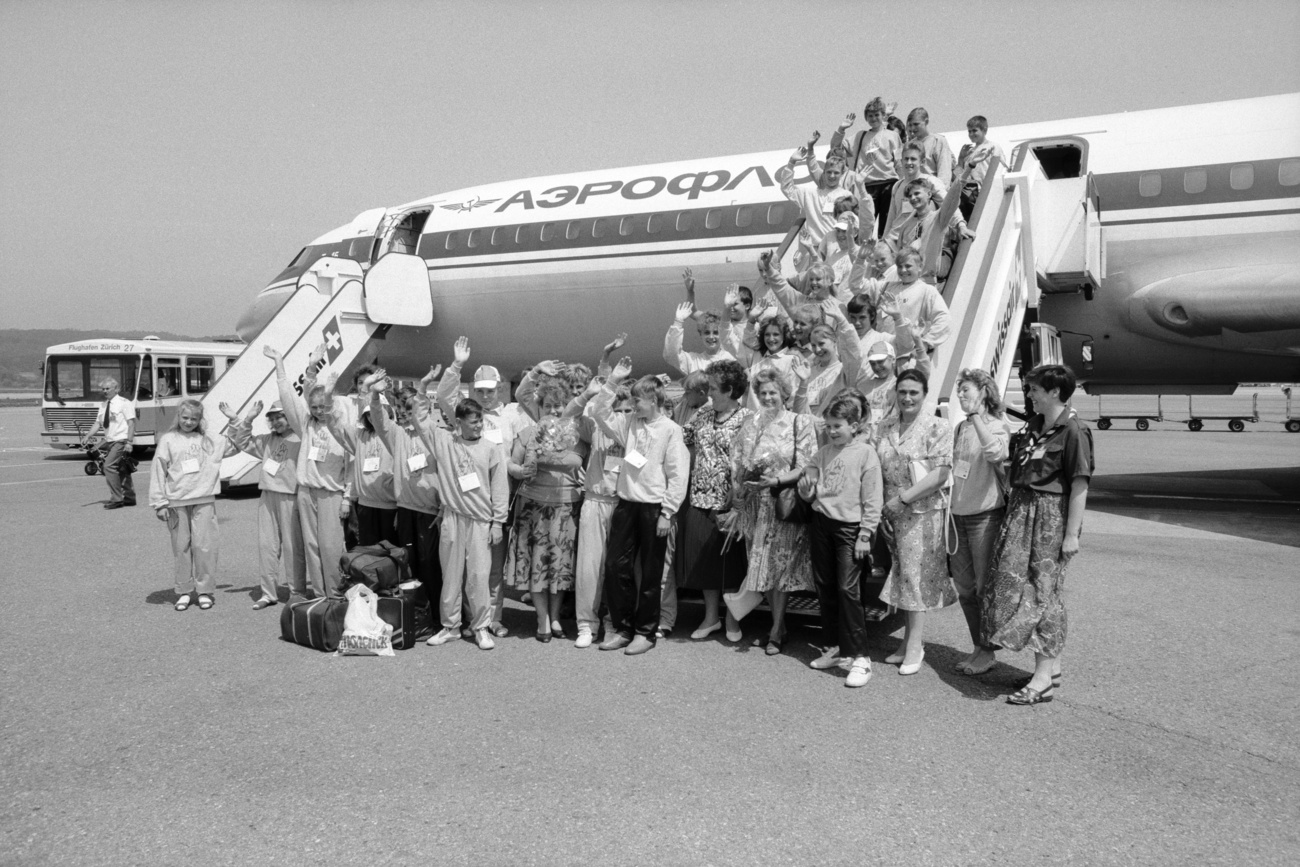



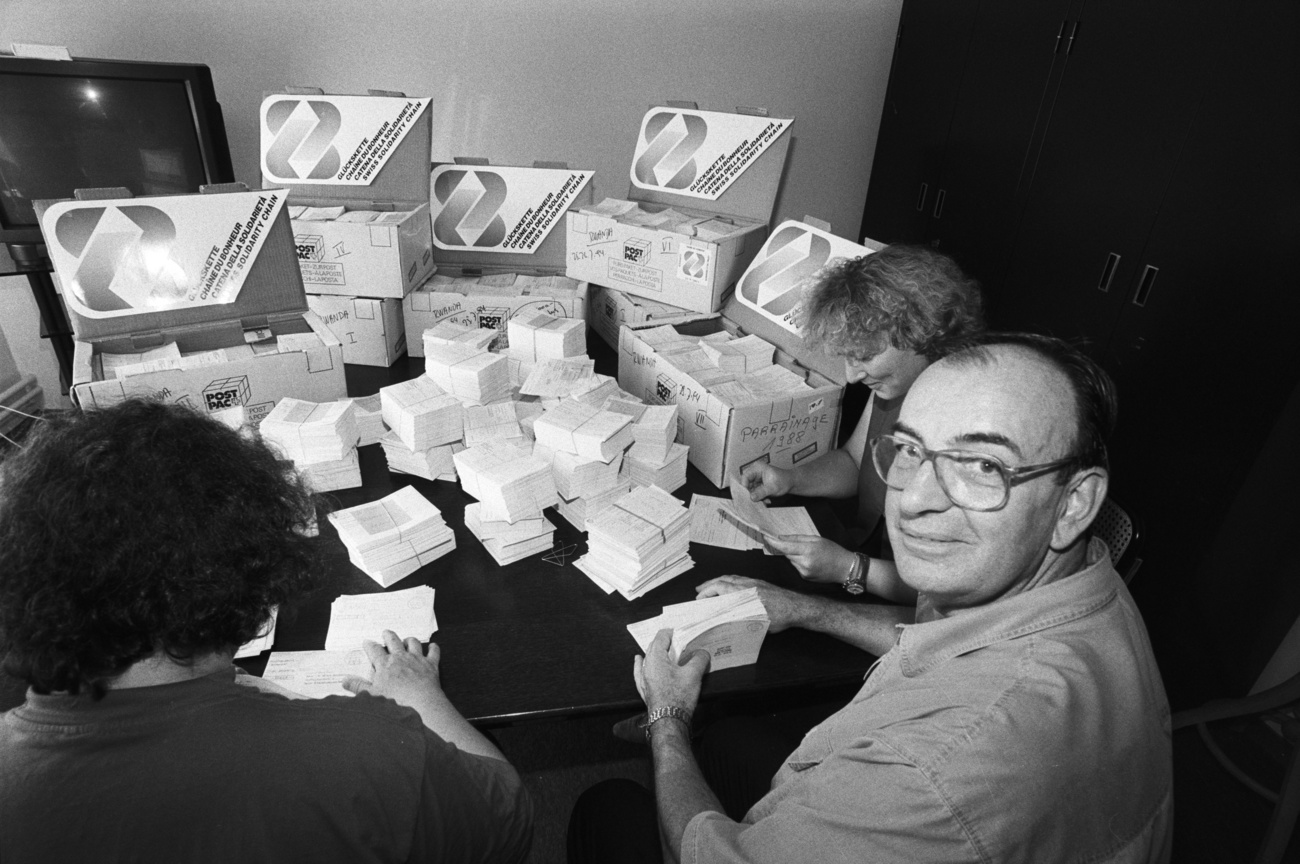
You can find an overview of ongoing debates with our journalists here . Please join us!
If you want to start a conversation about a topic raised in this article or want to report factual errors, email us at english@swissinfo.ch.